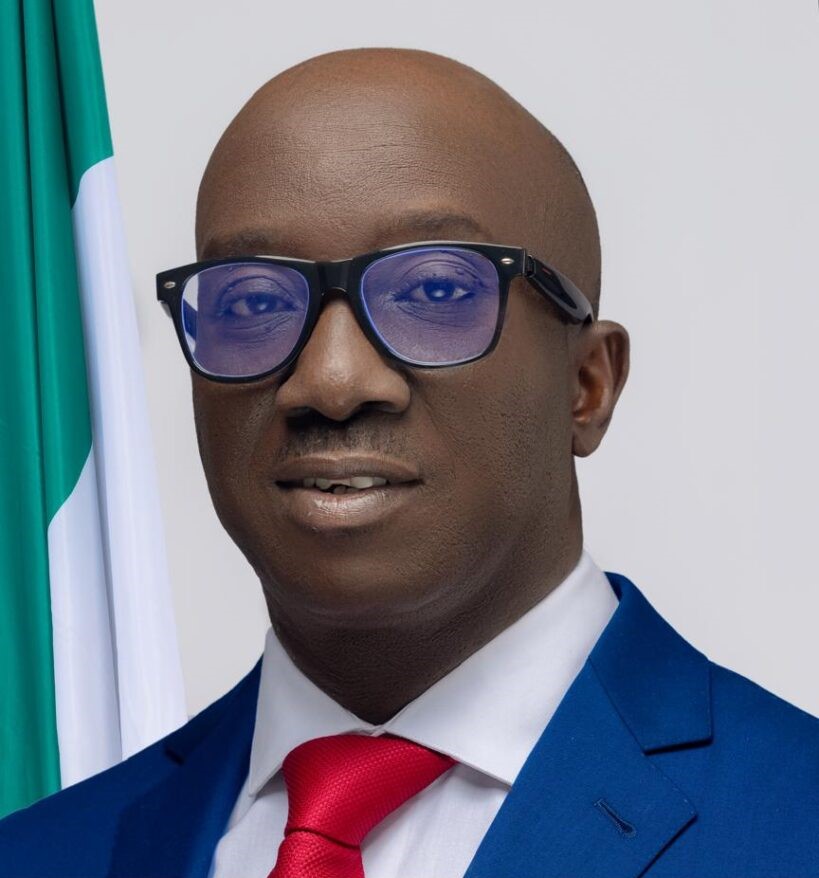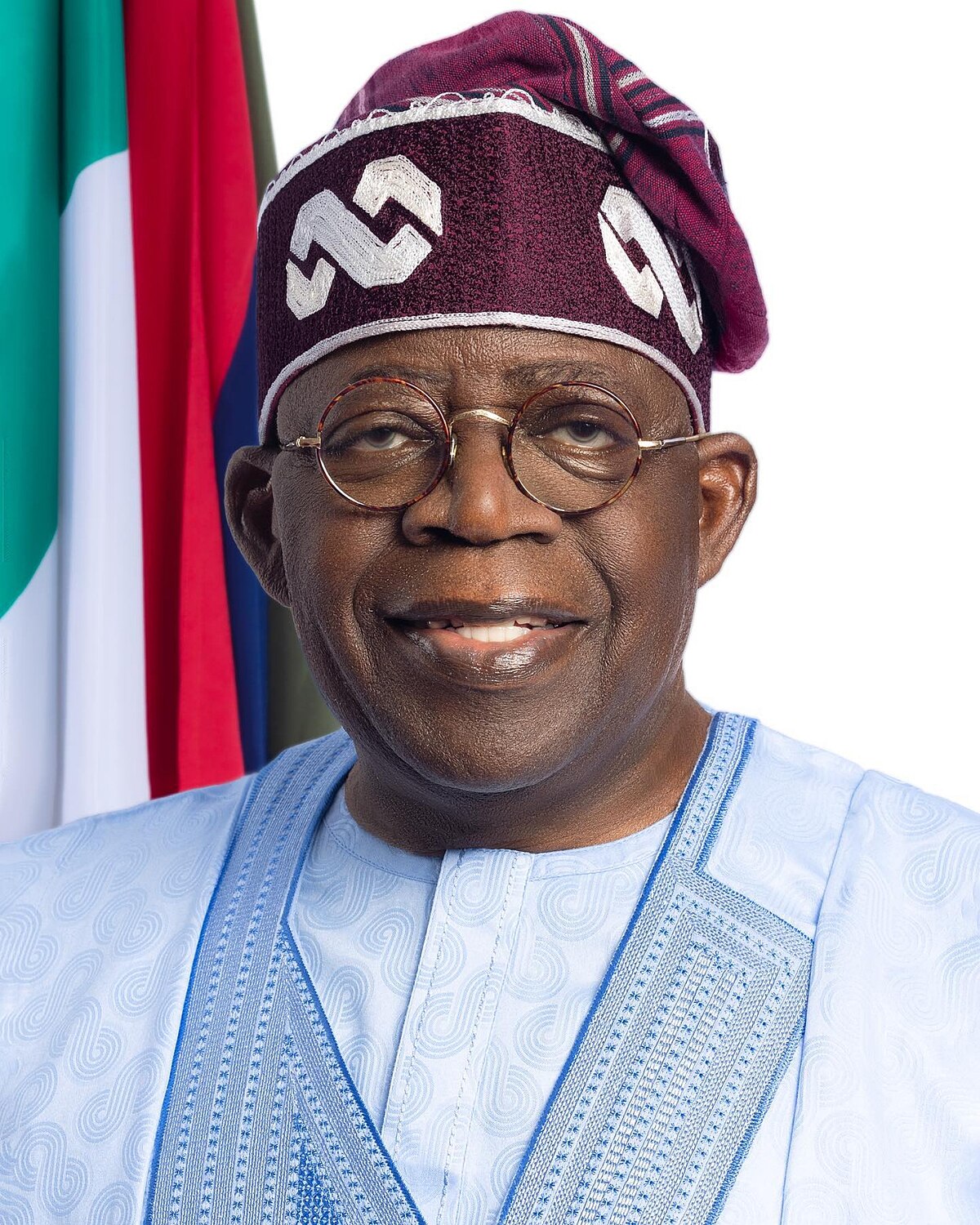Untold history of Ojude Oba festival

It started in 1890 as Ita-Oba Festival and later metamorphosed into Ojude-Oba Carnival usually held on the third day of Muslims’ Eid-El-Kabir (Ileya) Festival.
Literarily, Ojude Oba means going to the “Aafin” Palace Ground to pay courtesy visit to the reigning Awujale and the Paramount Ruler of Ijebuland. For the Muslims, it is a special annual visit to thank the Kabiyesi for the special gift of a ram slaughtered at Muslim praying ground on the Sallah day.
Meanwhile, the origin of this carnival that unites all Ijebus across religion divide, home and diaspora will not be appreciated unless the history of Islam in Ijebuland is revisited.
Like every Yoruba communities of the old, the Ijebus were predominantly pagans and traditionalists practicing the religion of their forebearers. However, from recorded history, the spread of Islam started in the late 14th Century to Kano from Mali and spread to other parts of the North.
However, the spread of Islam was attributed to Othman Dan Fodio (1754-1816), a Fulani Jihadist who, on the invitation of Alimi, reinforced the emergence and spread of Islam in Ilorin and from there to other parts of Yorubaland excluding the Ijebu nation who still lived in isolation practicing their inherited paganism.
Despite the strict adherence to paganism, the eventual emergence of Islam was made possible by the Ijebu traders who knew about the religion through their trading activities in Ilorin, Minna, Lafiaji, Oshogbo, Ibadan and Offa. Some of these traders had imbibed the religion but could not practice Islam openly for fear of persecution by the Odis (palace errands) and traditionalists.
However, in 1878 during the reign of Awujale Ademiyewo Afidipotemole (1852-1885), open practice of Islam started through a slave named Alli who later became Alli-Tubogun who received the blessings of his master, Tubogun a traditionalist of Porogun Ward to practice his religion without hindrance and fear of any persecution. With this singular effort and accidental endorsement by Tubogun, Islam started growing by leaps and bound attracting many converts and by 1880 local mosques were built at many wards in Ijebu-Ode. It is on record that by 1904, more than half of the Ijebus were already Muslims decimating the population of the traditionalists significantly.
Meanwhile, the early efforts of the Christian Missionaries did not materialise until the British defeated the Ijebus at Imagbon War and the triumphant entry of the British troops into Ijebu-Ode on May 20, 1892 opened the gate for Christian Missionaries to introduce Christianity into Ijebuland. The interest and effort of the educated and leading technocrats among the Ijebus led by Dr. Joseph Odumosu attracted many converts and traditionalists including a wealthy, influential, popular and powerful Ijebuman of his generation, Balogun Odueyungbo Bello Kuku into Christianity.
The incident and drama that happened on September 27, 1896 when Rev. R.A Conner and Rev. E.W George baptised 41 Ijebumen with their proclamation to retain only one wife out of the many they had earlier married. The devotees accepted amidst protests and condemnations by their families including the reigning Awujale, Oba Adeleke Ogbagba but the presence of a British representative, Captain Hook prevented any form of violent resistance. In the circumstance, Balogun Kuku with over thirty wives, more than 200 slaves and other ardent followers relinquished Christianity to embrace Islam which encouraged polygamy.
Furthermore, the personality, extreme wealth and respect the Ijebus had for Balogun Kuku attracted many converts to Islam and therefore, the role of this foremost Ijebuman in rapid spread of Islam can't be underestimated. It us on record that in 1890 during the pagan annual ceremony called Odeda festival in the Awujale palace, Balogun Kuku dared the pagans by emerging on well ornamented horse along with his elderly sons and the Muslim Community in a long procession. The entourage was preceded by drummers with their sheke.
Reports by Omoba (Engr) Kayode Sote, FNSE





